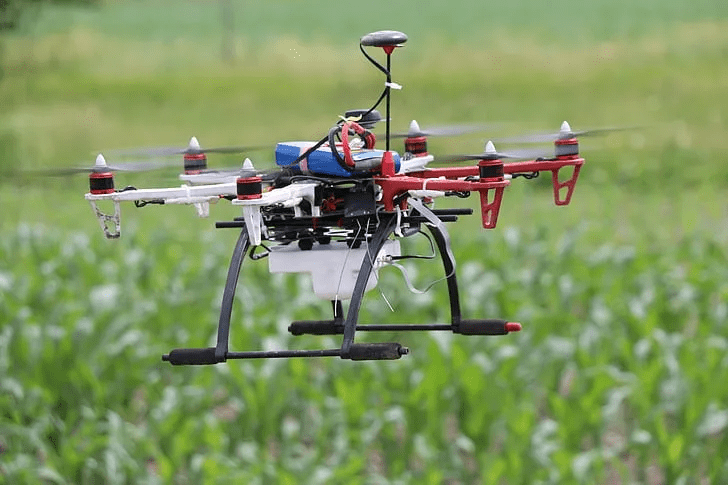Crop pest management is an ongoing challenge for farmers worldwide. The integration of agricultural drones into pest control strategies is paving the way for a more efficient, sustainable, and environmentally friendly approach to managing pests. In this article, we will explore the future of crop pest management with the use of agricultural drones.
Pests, including insects, rodents, and birds, can cause significant damage to crops, resulting in substantial financial losses for farmers. Traditional pest management methods often rely on broad-spectrum chemical treatments that can harm beneficial organisms and pose risks to the environment. Agricultural drones offer a more targeted and precise solution to pest management.
Agricultural drones can be equipped with various tools to address different types of pests. For instance, drones can carry pesticide or herbicide sprayers to apply treatments precisely where needed. This targeted approach reduces the quantity of chemicals used, minimizes environmental impact, and conserves resources.
In addition to chemical application, drones equipped with cameras and sensors can detect and monitor pest activity. They can capture high-resolution images and thermal data, enabling farmers to identify pest hotspots and assess the extent of infestations. This information is crucial for making informed decisions on when and where to intervene effectively.
One of the major advantages of using drones in pest management is their ability to cover large areas quickly. Traditional pest control methods often require time-consuming manual inspections or spot checks. Drones can fly over the entire farm efficiently, ensuring that no part of the field is left unmonitored.
Drones can also be used to deter birds and other pests without causing harm. They can emit loud noises or utilize visual deterrents to keep unwanted visitors at bay, promoting a non-lethal approach to pest control that protects biodiversity.
In conclusion, agricultural drones are changing the way we approach pest management in agriculture. Their precision in treatment application, monitoring capabilities, and rapid coverage of large areas make them valuable assets for farmers seeking to protect their crops efficiently. As technology advances, drones are expected to play an even more significant role in pest management, contributing to higher crop yields and reduced environmental impact.







Please sign in to comment
register